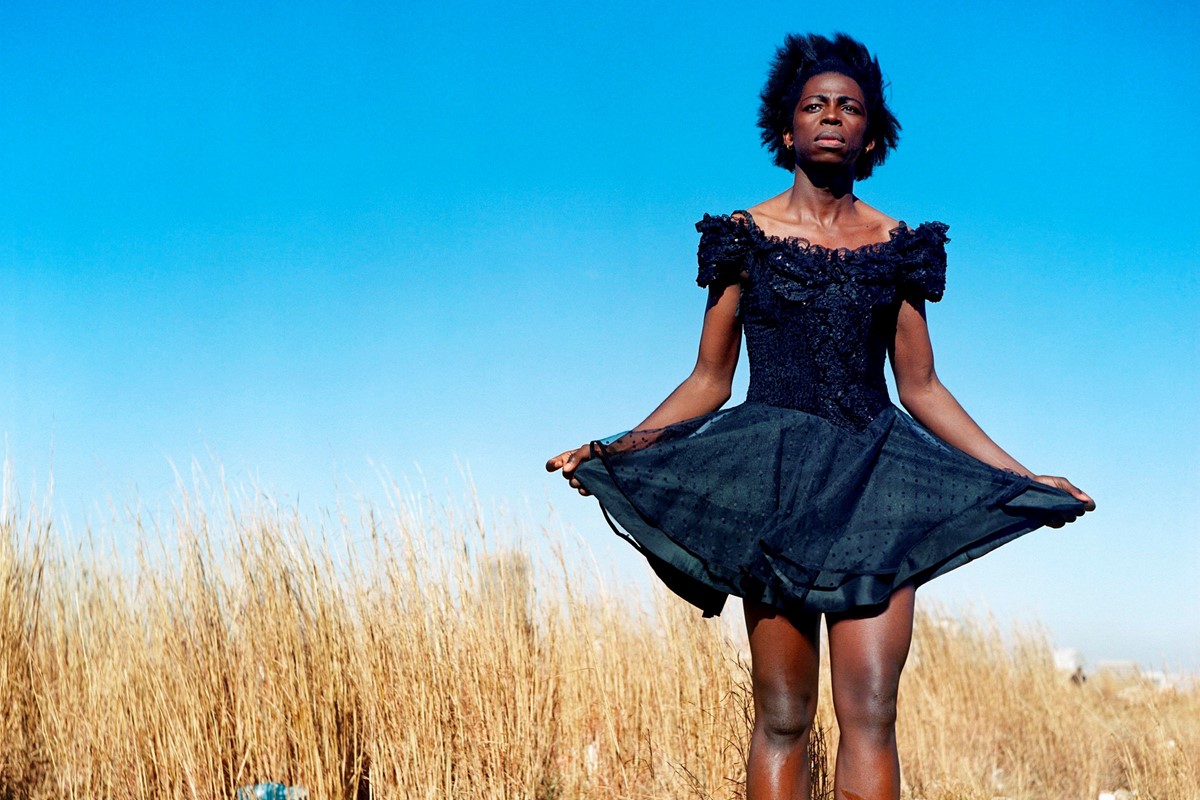That’s That’s Alright Alright Mama Mama
2008 - Photography (Photography)
Mark Soo
The two large-scale stereoscopic photographs in That’s That’s Alright Alright Mama Mama depict a recreation of Elvis Presley’s recording studio in Memphis, Tennessee. This study in doubles is underscored by its title, which repeats and doubles Elvis’s original song title. The images are hung in a specially angled wall and the viewers are provided special 3-D glasses in order to contemplate the image. The final result is the three-dimensional experience of a reconstructed site. More than a mere play with optical illusions and perception, Soo’s operation plays with the idea of the original and the replica to comment on the illusory character of any reconstruction, reproduction, or representation.
Born in Singapore, raised in Malaysia, and based in Canada, artist and curator Mark Soo’s practice is concept-driven and research-based. He works in a variety of media, often manipulating his images to emphasize to the psychological, physiological, cultural aspects of light and color. Recently, Soo has begun to create works that reconsider specific sites or explicit moments in social history.
Colors:
Related works featuring themes of: » Black and White, » Black-and-White Photography, » Flora

© » KADIST
Miljohn Ruperto
2009Acting Exercise: Demon Possession is a video by Miljohn Ruperto that addresses notions of performativity, the self, and collective truth...

© » KADIST
Miljohn Ruperto
2017Miljohn Ruperto’s research-based multidisciplinary practice often deals with possession, re-enactment, mythology and archives...

© » KADIST
Elad Lassry
2012The black-and-white photograph Men (055, 065) (2012) depicts two similarly built young men – young and slim, with dark tousled hair and a square jaw line – seated aside one another in identical outfits...

© » KADIST
Enrique Ramirez
2019Enrique Ramirez’s La Memoria Verde is a work of poetry, politics, and memory created in response to the curatorial statement for the 13th Havana Biennial in 2019, The Construction of the Possible ...

© » KADIST
Zanele Muholi
2014As a visual activist for the rights of Lesbian, gay, bisexual, transgender, queer and intersex (LBGTQI), Muholi’s photographs radically transgress the conventional perception of lesbian and transgender communities in South Africa...

© » ANOTHER
Zanele Muholi
Zanele Muholi’s Potent Portrait of South Africa’s Queer Community | AnOther As their new exhibition opens in San Francisco, Zanele Muholi talks about their powerful photos of queer survivors of hate crimes, couples in everyday moments, and self-portraits referencing history February 02, 2024 Text Emily Steer Zanele Muholi creates potent portraits...

© » KADIST
Will Rogan
2007Shot in the streets of Tokyo, Collapse , is a meditation on the passing of time and on the complicated way in which we are smashed between the past and the future...

© » KADIST
Karl Haendel
2011Haendel’s series Knights (2011) is a set of impeccably drafted, nine-foot-tall pencil drawings depicting full suits of armor...

© » KADIST
Chen Shaoxiong
2006After engaging primarily with video and photography for more than a decade, Chen turned to painting to explore the issue of urban change and memories—both personal and collective...

© » LARRY'S LIST
Ed Ruscha
The fashion designer is selling off all the art inside his West Village townhouse at Sotheby’s New York to make way for a new collection....

© » KADIST
Tina Modotti
1927Modotti’s Diego Rivera Mural: Billionaires Club; Ministry of Education, Mexico D...

© » KADIST
Miljohn Ruperto
2013Miljohn Ruperto’s high-definition video Janus takes its name from the two-faced Roman god of duality and transitions, of beginnings and endings, gates and doorways...

© » KADIST
Charwei Tsai
2008Charwai Tsai’s photograph documents her Hermit Crab Project installation upon the construction site of gallery Sora in Tokyo...

© » APERTURE
An-My LE
For the past two decades, An-My Lê has used photography to examine her personal history and the legacies of US military power, probing the tension between experience and storytelling....

© » KADIST
Enrique Ramirez
In Un Hombre que Camina (A Man Walking) (2011-2014), the sense of rhythm and timing is overpowered by the colossal sense of timelessness of this peculiar place...





